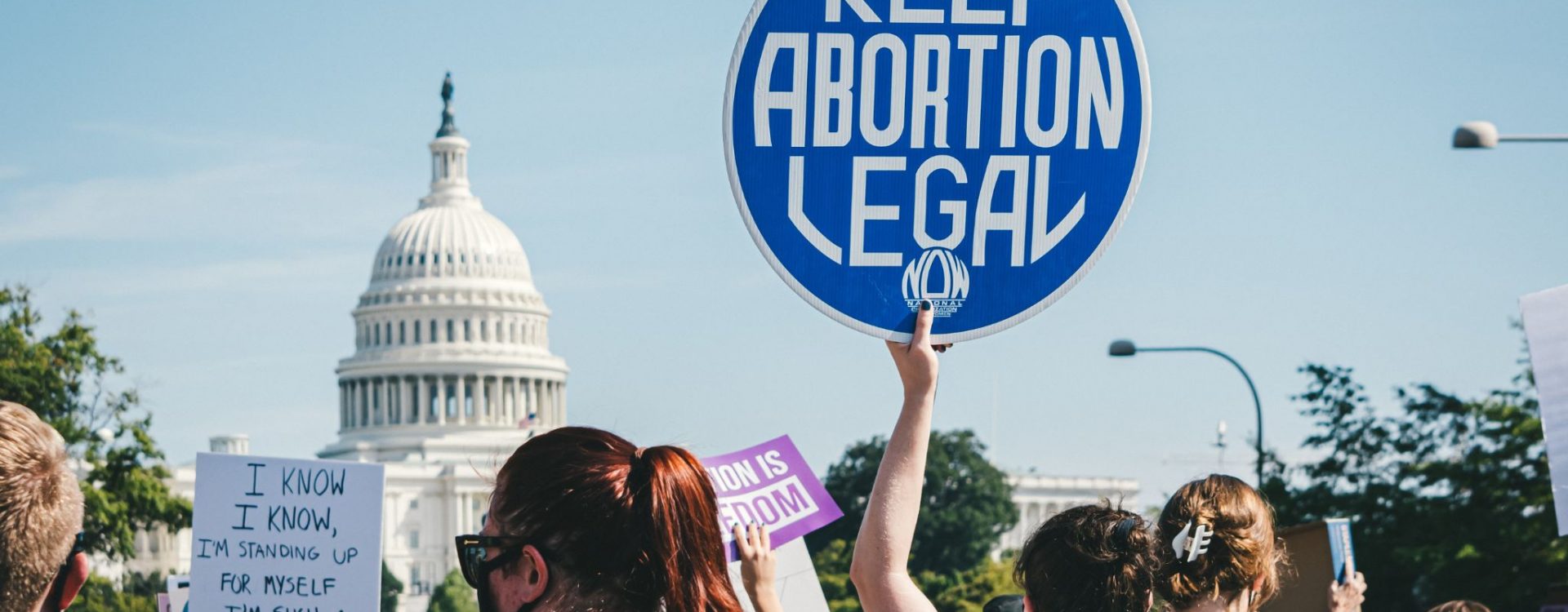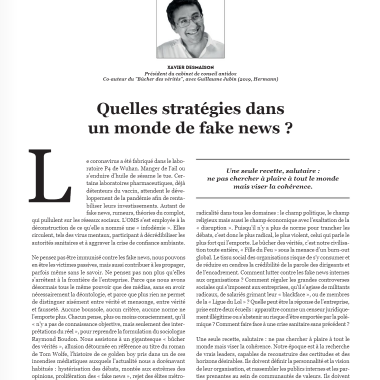From the Veil Law to the Panot Law, what role do women play in debates on social networks? #IVGInTheConstitution
Women in law through the centuries
It was 1974, thirty years after the Liberation, and Simone Veil, then Valéry Giscard d’Estaing’s Health Minister, was advocating the legalisation of abortion (voluntary interruption of pregnancy) in the National Assembly. During the debates following her speech, hateful comments were made about the minister: ‘barbarism, Nazism, genocide, crematoria and so many others! – as Prime Minister Gabriel Attal recalled.
Fifty years later, in 2024, recourse to abortion and women’s freedom to control their own bodies became an inalienable right, proudly enshrined alongside the 1789 Declaration of the Rights of Man and of the Citizen. And yet, while no racist or misogynistic remarks have left the Hemicycle, the debate has exploded on X.
On Monday 4 March, Congress is meeting in Versailles following the tabling of a bill on the constitutionalisation of abortion by Mathilde Panot, MP and leader of the La France Insoumise party, and Mélanie Vogel, senator representing the European ecologist party. On X, reactions are imminent. Although mostly positive, the indignation of the anti-choicers is still very visible.
L’#IVGDansLaConstitution n’est pas une victoire, elle est un échec. L’échec d’une société toute entière qui fait naufrage et qui s’abîme
Une sociéte qui est incapable de protéger les plus faibles et les plus petits.— Petit Frère Brice ن (@Brice_en_chemin) March 5, 2024
The opposition, mainly led by extremist and conservative right-wingers, denounced what they described as an act of murder against people who could not make their voices heard. While the signatory parties support feminism, advocate women’s freedom.
Who and where are the anti-choicers?
Nearly fifty years after the adoption of the Veil Law, groups opposed to abortion continue to reinterpret its content and use inappropriate terms such as ‘genocide’ here. Although Simone Veil was criticised by some at the time for her positions, the terms used then continue to influence the debate today.
On X, the floor is open to all users, who wish to express their opinions in virtual anonymity, because although their names appear, the confrontation is not physical. Since Elon Musk bought Twitter in 2022, he has been keen to emphasise the importance of freedom of expression on this channel.
J’accuse les proIVG de dénaturer la #LoiVeil et d’avoir voulu inscrire l’#IVGDansLaConstitution non par humanisme mais pour alimenter un business lucratif et macabre. Ce sont des eugénistes radicaux qui interdisent le droit de conscience et inscrivent dans le marbre un génocide. pic.twitter.com/XIVdbYSvb1
— Gérard De Casas (@GerardHP67) March 5, 2024
Despite a certain amount of violence from the opposition, the debate seems to have been settled, with the overwhelming majority of the public supporting the constitutionalisation of abortion. However, there is one striking fact, particularly on social networks: the almost total absence of references to Mathilde Panot and Mélanie Vogel. A predominantly male audience is expressing its views on the Panot law on women’s rights, but what about the two women behind this constitutional proposal?
The place of women in a context of taking a political stand
On the whole, the criticisms are divided between those that are harsh and those that are simply absent. A photographic composition featuring Simone Veil and Mathilde Panot (generated by the LFI party) is provoking stormy reactions, both for its political incoherence and through the personal attacks directed at the MP.
Quelle honte… mettre sur une affiche à pied d’égalité une grande femme comme Simone Veil et… Mathilde Panot
— FrereCamtar (@frerecamion) March 4, 2024
As for Mélanie Vogel, her name appears almost nowhere in the social media.
Two ideas emerge from this observation: misogyny is still very present in 21st century France. According to a study carried out by the French High Council for Equality, social networks (and X in particular) are experiencing a masculinist wave and a growth in far-right accounts. Indeed, 33% of the men questioned believe that feminism threatens the place and role of men in society.
It is also relevant to note the political positioning of Mathilde Panot and Mélanie Vogel: the opposition between the far left and Emmanuel Macron’s government has potentially led to a deliberate invisibilisation of the carriers of the bill.
We are in 1974, thirty years after the Liberation, Simone Veil is confronted with words of totally inappropriate violence.
We are in 2024, France is a model for the rest of the world, the status of women in society is changing, but what about consideration?
By Adélie Ranc










